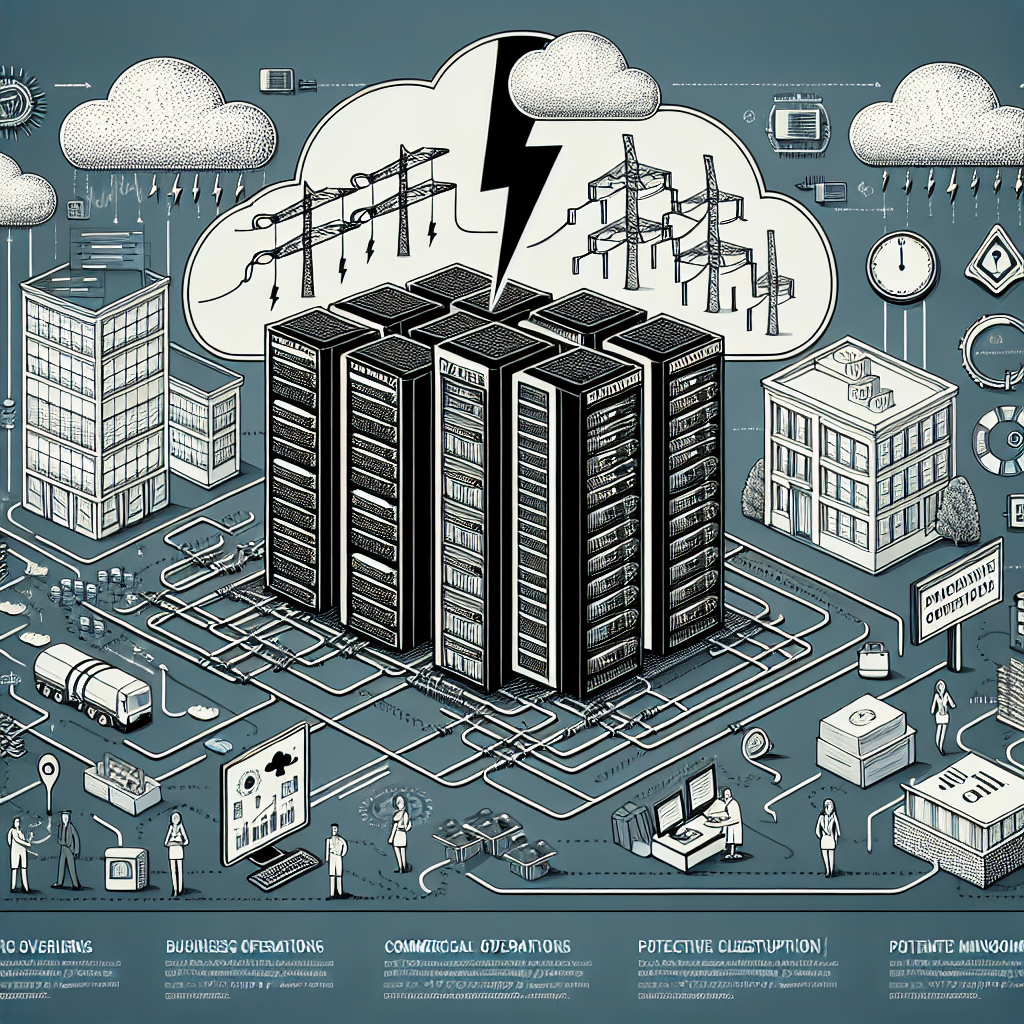The Impact of Data Center Problems on Business Operations and How to Minimize Disruption
Data centers play a crucial role in the operations of businesses today, as they house and manage the vast amounts of data that companies rely on for their day-to-day operations. However, when problems arise in a data center, it can have a significant impact on business operations, causing disruptions that can have far-reaching consequences.
One of the most common problems that data centers face is downtime. Downtime can occur for a variety of reasons, including hardware failures, power outages, and software glitches. When a data center experiences downtime, it can bring business operations to a screeching halt, causing delays in processing orders, accessing critical information, and communicating with customers and partners.
In addition to downtime, data center problems can also lead to data loss or corruption. If data is not properly backed up or protected, a hardware failure or software glitch could result in the loss of important information, such as customer records, financial data, or intellectual property. This can have serious consequences for a business, including legal liabilities, financial losses, and damage to its reputation.
To minimize the impact of data center problems on business operations, companies can take several proactive steps. One of the most important measures is to implement a robust disaster recovery plan. This plan should include regular data backups, redundant hardware and software systems, and protocols for quickly restoring operations in the event of a data center failure.
Companies should also invest in monitoring and maintenance of their data center infrastructure. Regularly monitoring hardware and software systems can help identify potential problems before they escalate into major issues. Similarly, routine maintenance can help ensure that equipment is functioning properly and is less likely to fail unexpectedly.
In addition, businesses should consider outsourcing their data center operations to a reputable third-party provider. Outsourcing can provide access to state-of-the-art infrastructure and expertise, reducing the risk of downtime and data loss. Many data center providers offer service level agreements (SLAs) that guarantee uptime and data protection, providing businesses with peace of mind and assurance that their operations will not be disrupted.
Overall, data center problems can have a significant impact on business operations, but by taking proactive measures to minimize disruptions, companies can ensure that their data remains secure and accessible at all times. By implementing a disaster recovery plan, investing in monitoring and maintenance, and considering outsourcing options, businesses can protect themselves from the potential consequences of data center failures.


